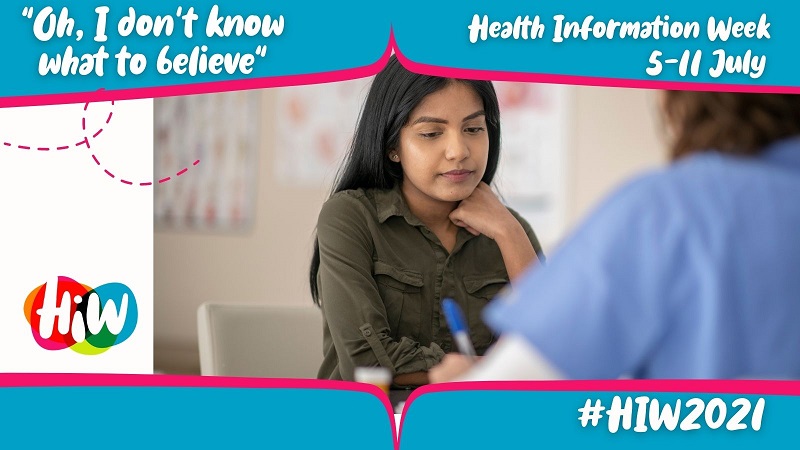What to ask - A simple guide
There are a few simple questions people can ask themselves when looking at health information:
- Where did the information come from? Who produced it? Was it the NHS or a trusted charity or health organisation? Is the information relevant to the UK?
- How current is the information? When was it published or last updated? Health information changes over time – make sure it is up to date.
- Is it easy to use and understand?
- Is is based on multiple evidence reviews or case studies? Look for clear references.
- Why has it been produced? Is it to inform or is there an agenda? Is the website profit driven?
It is also a good idea to cross-check information. This means looking to see if it is repeated by more than one reliable source.


